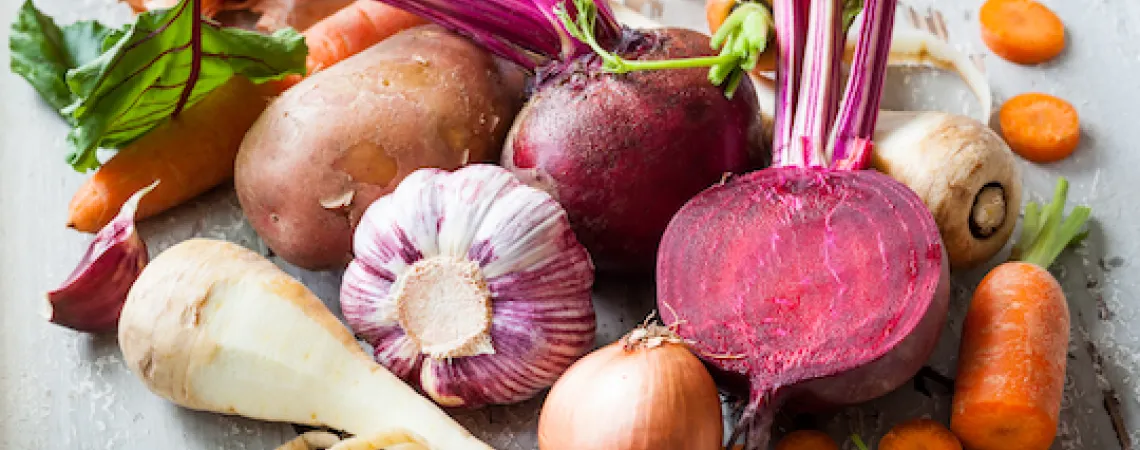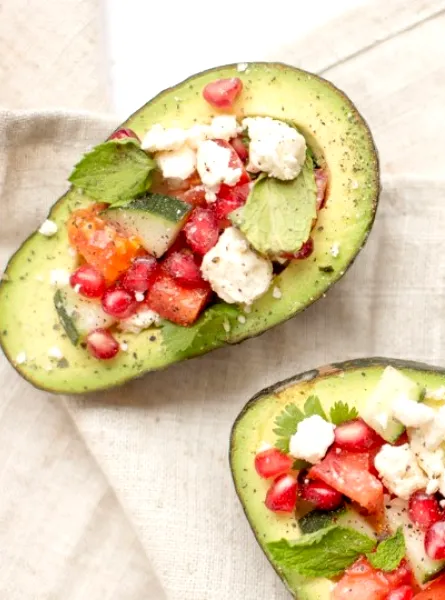
When the cold weather hits, many people find it challenging to maintain their energy level. But with the right vegetables, you can power through the colder months of the year and stay healthy. Here are six vegetables to eat during cold Canadian winters:
1. Collard Greens
These leafy greens are a significant source of vitamins A, C, and K and minerals like potassium and calcium. These nutrients are essential for keeping your immune system strong and helping you maintain your energy level during the winter.
Collard greens are an excellent food since they're high in fibre, aiding regularity and digestion. Add some collards to your next soup, or saute them with garlic for a delicious and healthy side dish.
2. Kale
Kale is another leafy green packed with nutrients, including vitamins A, C, K, folate, and omega-3 fatty acids. Kale contains a lot of fibre, which may help you feel fuller and more satisfied throughout the day.
The antioxidants in kale can also help protect your cells from damage. Combine kale with other winter vegetables, like carrots and sweet potatoes to create a balanced, healthy dish.
3. Brussels Sprouts
These little vegetables are an excellent source of vitamins C and K and fibre and folic acid. Brussels sprouts can also help you maintain healthy blood pressure. They also contain antioxidants, which can help scavenge harmful toxins from the body.
Add Brussels sprouts to your next dinner dish for a nutrient-rich option. Include others, such as onions, garlic, and celery, to enhance the flavour. Put these winter vegetables in a stew or soup for a quick meal with minimal effort.
4. Parsnips
Parsnips are among the most nutrient-dense vegetables. Parsnips are a superb source of vitamins C and E and minerals like potassium, magnesium, and manganese. They also contain folate, which is vital for pregnant women and those trying to conceive.
Grilling, blending them into a soup, or cooking them in a stew are just a few of the ways you may prepare parsnips during the winter. You can also combine them with other winter vegetables, such as carrots and potatoes.
5. Carrots
You can eat the versatile vegetables raw or cook them. Carrots are an excellent source of beta-carotene, converted to vitamin A in the body. Vitamin A is essential for maintaining healthy skin and vision. Carrots are high in fibre and can help you feel full, reducing hunger.
Dice them and add them to a soup or stew, or roast them with other vegetables for a quick and easy side dish.
6. Sweet Potatoes
Sweet potatoes are one of the healthiest vegetables you can eat. They're high in carotenoids and vitamins A, C, and B6. Sweet potatoes are also high in fibre and potassium.
Like carrots, you can eat sweet potatoes as-is or cook them. Try baking them in the oven for a healthy and delicious side dish. Add cinnamon and nutmeg for a winter flavour.
These are just a few vegetables to eat during the winter to maintain your health. So, get creative in the kitchen and power with these nutrient-rich vegetables through the winter. Include these vegetables in soups, stews, and roasted dishes are just a few of the ways you can enjoy them.
If you are lacking inspiration on how to incorporate more vegetables in you diet, don't hesitate to contact one of our dietitians for an appointment.






